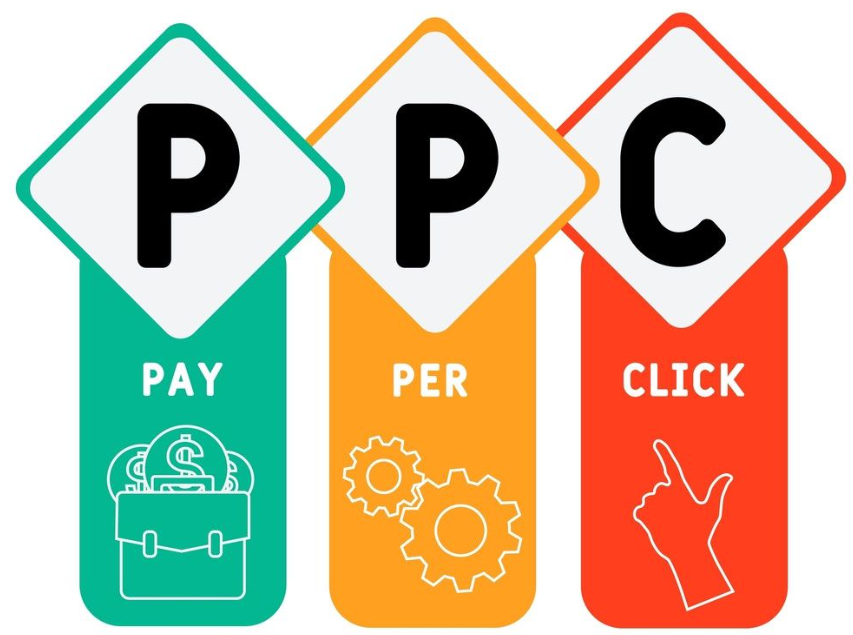
Pay Per Click (PPC): A Powerful Tool for Digital Advertising
Pay Per Click (PPC) advertising has transformed the wayBenefits of PPC for Your Business businesses approach digital marketing, offering a highly effective method for driving targeted traffic and generating leads. By paying for each click on their ads, businesses can gain visibility on search engines and other platforms, making PPC a valuable component of a comprehensive marketing strategy. Here’s a deep dive into the benefits and strategies for leveraging PPC to achieve your business goals.
Table of Contents
- 1. Understanding Pay Per Click Advertising
- 2. Leverage Automation Tools for Efficient Campaigns
- 3. Benefits of PPC for Your Business
- 4. Crafting Compelling Ad Copy
- 5. Targeting the Right Audience
- 6. Ensure Deliverability with Spam Testing Tools
- 7. Tracking and Analyzing PPC Performance
- 8. Using Keywords Effectively
- 9. Budgeting and Bidding Strategies
- 10. Avoiding Common PPC Mistakes
1. Understanding Pay Per Click Advertising
Pay Per Click (PPC) is a digital advertising model where businesses pay a fee each time their ad is clicked. This method allows advertisers to bid for ad placement on search engines, social media platforms, and other websites. PPC ads appear in various formats, including search engine results, display ads, and social media promotions. The goal is to drive traffic to your website or landing page, where you can convert visitors into customers.
2. Benefits of PPC for Your Business
PPC offers numerous benefits that make it an attractive option for businesses of all sizes. It provides immediate visibility, placing your ads at the top of search results or on popular websites, which can lead to increased traffic and brand awareness. PPC also allows for precise targeting, enabling you to reach specific demographics, locations, and interests. Additionally, it offers measurable results, giving you insight into your campaign’s performance and return on investment (ROI).
3.Choosing the Right PPC Platform
Selecting the right PPC platform is crucial for achieving your advertising goals. Google Ads and Bing Ads are popular choices for search engine marketing, while platforms like Facebook Ads and LinkedIn Ads offer robust options for social media advertising. Each platform has its own strengths and targeting capabilities. Consider your target audience, advertising objectives, and budget when choosing the best platform for your campaigns.
4. Crafting Compelling Ad Copy
Your ad copy plays a critical role in the success of your PPC campaigns. Craft compelling, clear, and engaging ad copy that captures attention and encourages clicks. Highlight unique selling points, include relevant keywords, and use strong calls to action (CTAs) to entice users to take the desired action. Testing different variations of ad copy can help you identify what resonates best with your audience and improve overall performance.
5. Targeting the Right Audience
Email design tools play a crucial role in creating visually appealing and effective emails. Drag-and-drop builders,Effective targeting is key to maximizing the impact of your PPC campaigns. Utilize the targeting features available on your chosen platform to reach your ideal audience. This may include demographic targeting (age, gender, income), geographic targeting (location), and interest based targeting (behavior, hobbies). The more specific your targeting, the more likely you are to attract relevant clicks and achieve higher conversion rates.
6.Optimizing PPC Campaigns for Better ROI
Continuous optimization is essential for improving the ROI of your PPC campaigns. Regularly review your campaign performance, analyze metrics such as click-through rates (CTR) and conversion rates, and make data-driven adjustments. Test different ad formats, landing pages, and bidding strategies to identify what works best. Optimization also involves refining your keywords, adjusting your budget, and improving your ad relevance to maximize results.
7. Tracking and Analyzing PPC Performance
Tracking and analyzing PPC performance provides valuable insights into the effectiveness of your campaigns. Use analytics tools provided by your PPC platform to monitor key metrics such as impressions, clicks, conversions, and cost-per-click (CPC). Analyzing this data helps you understand user behavior, measure the success of your ads, and identify areas for improvement. Regular performance reviews ensure that your campaigns remain aligned with your objectives and deliver the best possible results.
8. Using Keywords Effectively
Keywords are the foundation of PPC advertising. Conduct thorough keyword research to identify relevant and high-performing keywords for your campaigns. Use these keywords strategically in your ad copy, landing pages, and targeting settings. Regularly update and refine your keyword list based on performance data to ensure that your ads remain relevant and competitive. Effective keyword management helps improve ad visibility and attracts more qualified traffic.
9.Budgeting and Bidding Strategies
Setting a budget and developing effective bidding strategies are crucial for managing your PPC expenses. Determine your budget based on your advertising goals and allocate funds accordingly. Choose a bidding strategy that aligns with your objectives, whether it’s manual bidding, automated bidding, or enhanced CPC. Monitor your spending and adjust your bids as needed to ensure that you stay within budget while maximizing your ad performance.
10. Avoiding Common PPC Mistakes
Avoiding common PPC mistakes can significantly impact the success of your campaigns. Some frequent errors include neglecting ad copy testing, targeting too broadly, failing to optimize landing pages, and overlooking negative keywords. Ensure that you regularly review and refine your PPC strategy to address these issues. Staying informed about best practices and industry trends can help you avoid pitfalls and achieve better results.
Conclusion
Pay Per Click (PPC) advertising is a powerful tool that offers immediate visibility, precise targeting, and measurable results. By choosing the right platform, crafting compelling ad copy, and continuously optimizing your campaigns, you can drive targeted traffic and achieve your marketing goals. Effective use of keywords, strategic budgeting, and avoiding common mistakes further enhance the success of your PPC efforts. Embrace PPC as a key component of your digital marketing strategy to boost your online presence, attract qualified leads, and drive business growth.
Leave a comment